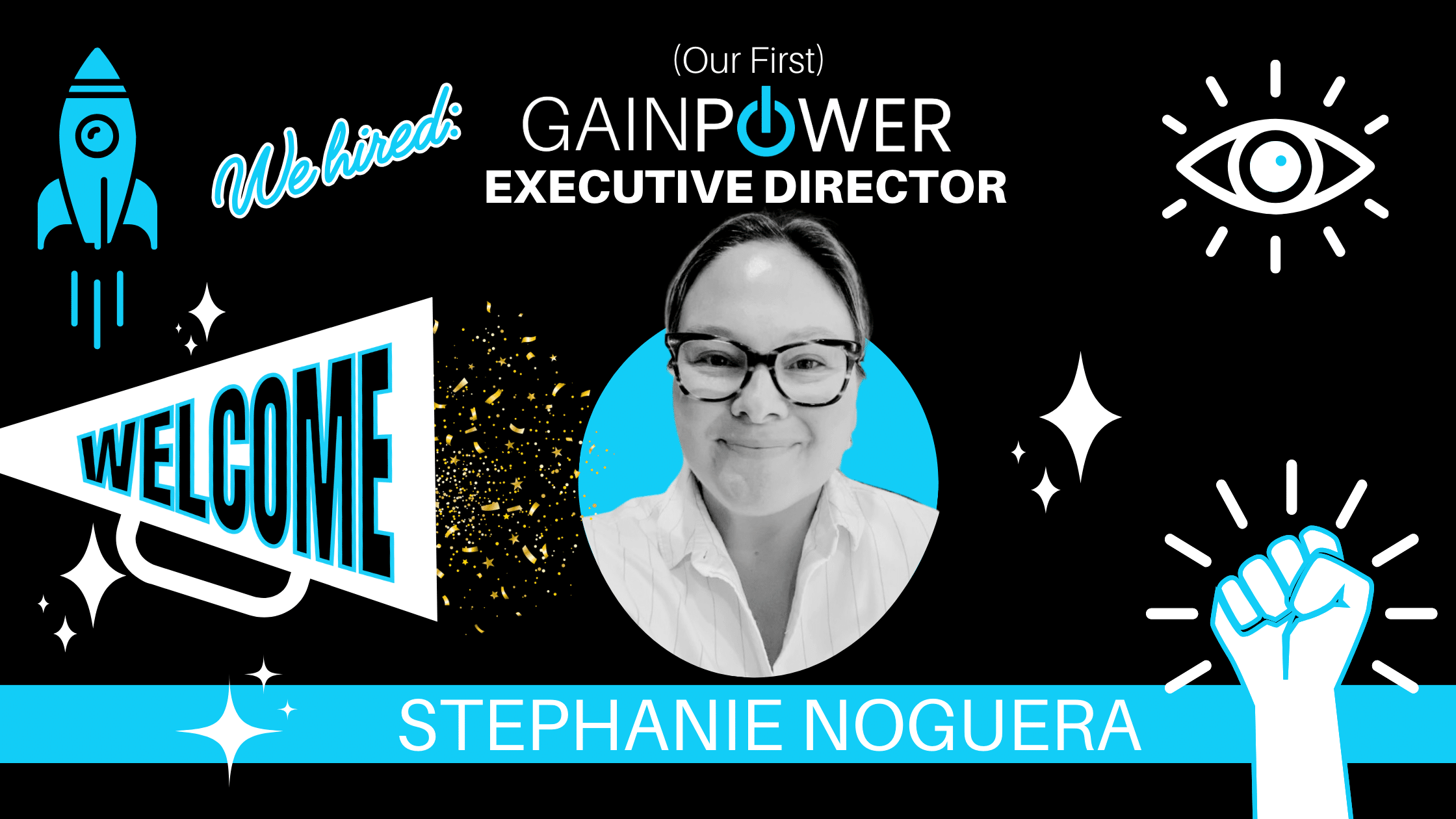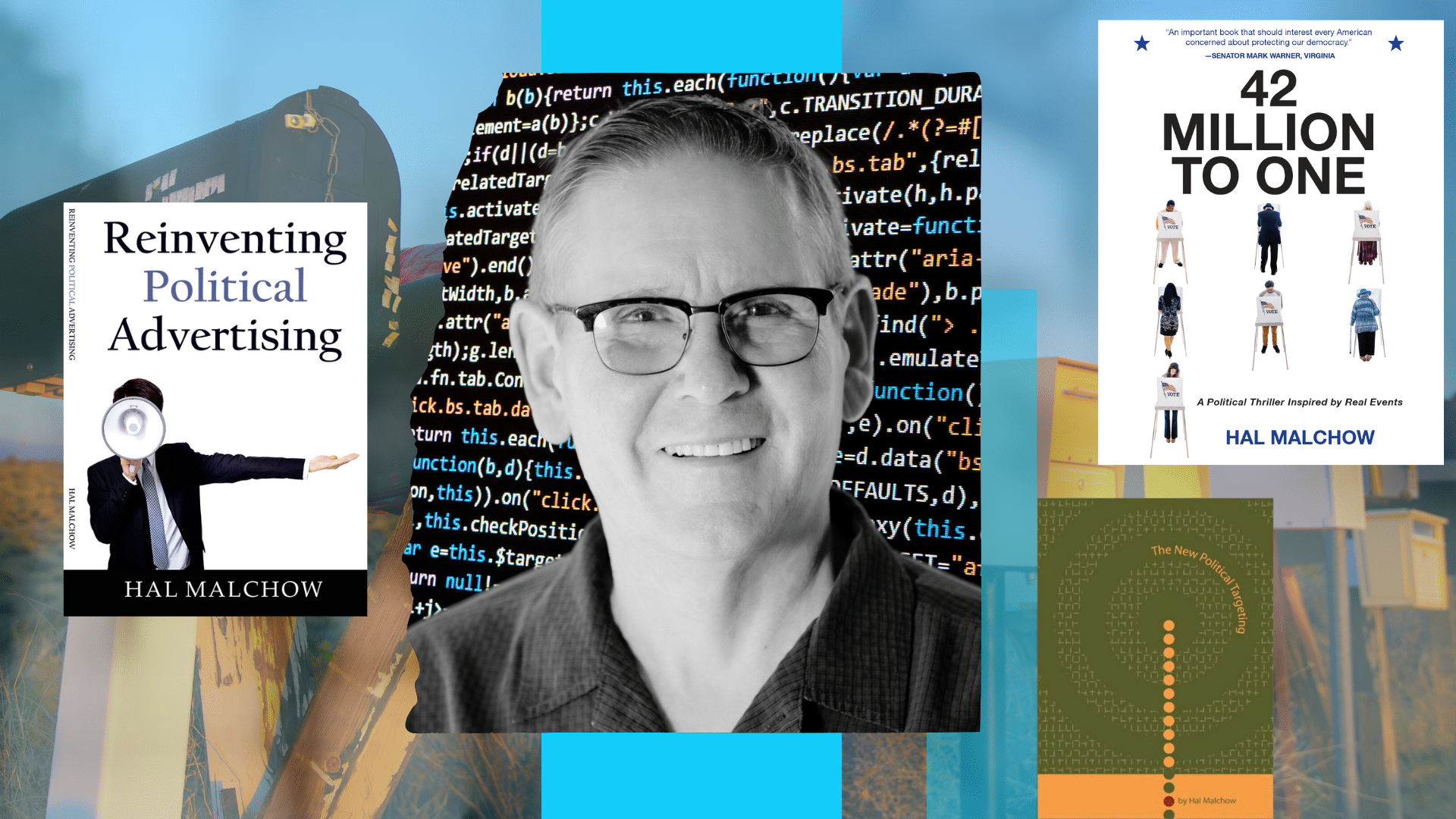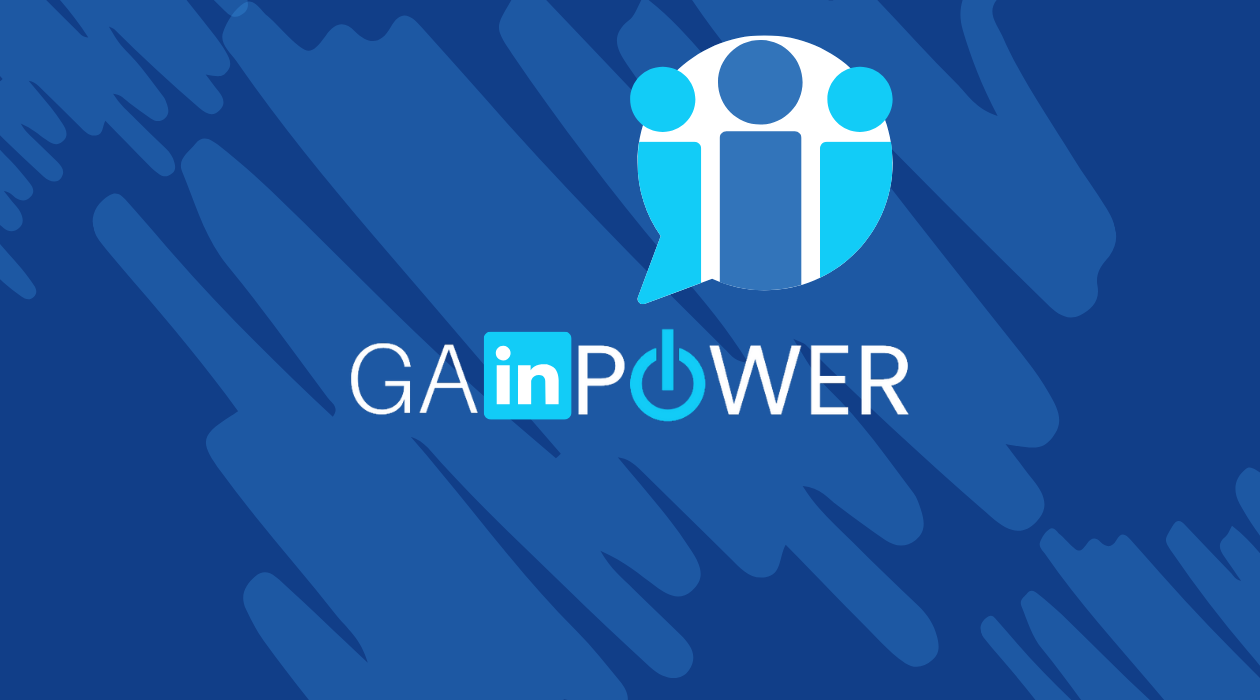For the month of October, we honor Jack Knoxville! Below we have included an interview with the previous PowerfulIDEA award winner. A must read!
First of all, the work you’re doing is amazing, what led you to create the Trans empowerment project?
I’ve spent my entire life facing obstacles and barriers to my existence. In 2015, I decided I had enough when I got blown off by the mayor of the town I was living in. She was touting herself as an ally to the public, during a rally celebrating marriage equality, but showed 0 interest in authentically making our town better for Trans* lives, when I approached her on the topic, which became my breaking point.
In a last minute announcement, I found out she was running unopposed during that year’s election cycle and threw my hat in the ring. Even though I found more obstacles and very little support for my campaign, I also found community with others who were from various marginalized communities, especially those who ID as Queer, Trans, and Intersex. The more that we shared our stories of experience, the more that it became clear to me that in 2015, there was no place (especially in East TN) where Trans* people could find support and feel celebrated.
Trans Empowerment Project was meant to do just that, build power for the most marginalized of our folks (Disabled, Queer, Trans, and Intersex People of Color) and to start creating spaces where we could all thrive.
How has living in the south influenced the way you empower trans people?
When it comes to empowering Trans people in the south, we have to have deeper conversations about liberation than we do in some of the more liberal areas in the country.
The lack of understanding that acts of white supremacy shouldn’t be normalized is still a struggle for folks. In this area of the country, folks have been brought up to believe that you don’t question authority or elders and you do what you’re told. If you don’t God will punish you.
As a result of this blind allegiance to bad behavior, White Supremacy thrives in the South.
This means that we have the added consequences of racism paired with the weaponization of religion, which work well together to drive the conservative narratives about who and what Trans people are.
Living in the South has definitely contributed to me facing more acts of aggression in every facet of my life from housing to healthcare, banking, employment, even impacting where I can shop, eat, etc.
How has living in that environment affected the way you see trans empowerment?
Living in this environment, (especially over the the last few years) has been tough. But it has taught me the value of prioritizing cultural change over systemic change. Meaning, we can pass a bill tomorrow that protects the rights of everyone across the gender spectrum tomorrow and we can watch an entire demographic of people continue not to care.
Cultural change isn’t like that. You can’t get there by signing petitions on a website, or counting ballots. You get there by moving folks out of their pockets of isolation and connecting them with community, where they get to share their own stories of experience and get to hear the stories of others.
Which is a lot of what we’re doing at Trans Empowerment Project. We’re building authentic relationships with folks in the community to help them learn how to tell their stories, sharing these stories with potential partners and allies that want to help make the world better for everyone, and together we’re creating new strategies and systems to ensure that all of our community members will get their needs met.
How do you respond to people when certain ideologies such as transphobia are lost causes?
If you’re looking for advice, I’d say start by asking them questions to get a better understanding of why they feel the way they do.
If they don’t want to talk or refuse to be moved, then move on. You don’t have to take it personal, and you also don’t have to keep engaging. Especially if you find the person or the conversation with this person to be draining.
Personally, I found myself doing the same, arguing with people whose views I found to be utterly ridiculous until I realized how much of my own time and energy I was giving away to engage with people who weren’t going to & didn’t want to learn from me.
Once I shifted my focus, I was able to gain energy by surrounding myself with people who are focused on building solutions instead of contributing to more problems. It’s also freed up more time for me to focus on some of the healing I’ve needed, myself.
What do you think of the increase in trans representation in the media?
It’s amazing to see Trans representation in the media, in terms of more Trans characters, more authentically Trans* actors, etc. Especially compared to where we used to be as a society. If you made it through the 90’s you know what I mean.
Though I have to say, I still see way too many inequities for how Trans* people of color are being represented over our white counterparts.
A good example of this is from the day that Elliot Page came out. On that same day, Laverne Cox and her friends were attacked in a transphobic attack in Los Angeles. Elliot Page’s news was plastered everywhere. News about Laverne Cox barely registered as a blip anywhere.
We still have a long way to go in terms of the way that the media reports on Trans people though. In too many instances, when a Trans person is attacked and it is reported in the news media, they are mis-gendered, dead named, belittled/not believed, or even described in ways that are unkind and un-affirming of their gender identities.
How has your Inmate Advocacy Project taught you about institutional transphobia in the legal system itself?
From the overuse of solitary confinement to emotional and physical abuse happening within the confines of our prison systems, this lane of our work has shown me that the cruelty of abuse experienced by far too many inmates is out of control and that it’s time to start creating actual accountability for better.
How can cis people be better allies in the community?
Walk the walk. Center Disabled Queer Trans Intersex People Of Color, in your learning and into any equity work you might be doing. Whether for yourself, your family, your school, your place of business, whatever.
Help educate others and bring them into your learning. Hold them, and yourself, accountable when you make mistakes. Challenge yourselves to do better.
Speak the names of our people into spaces of opportunity.
Uplift our actual stories and experiences, not just someone else’s opinions or interpretations of those stories.
What is the most heartwarming experience you have had in this line of work?
This is prob one of my fave moments so far: https://youtu.be/Jai8s-35LQI




